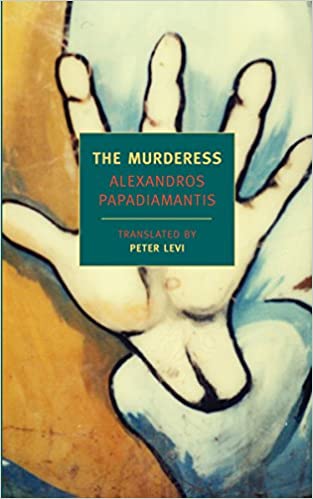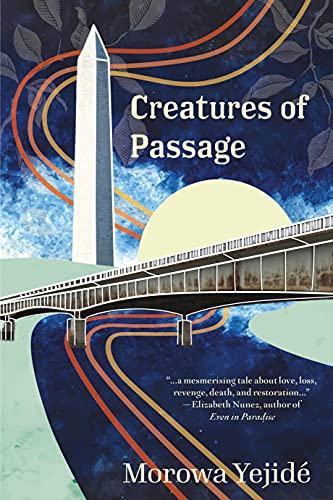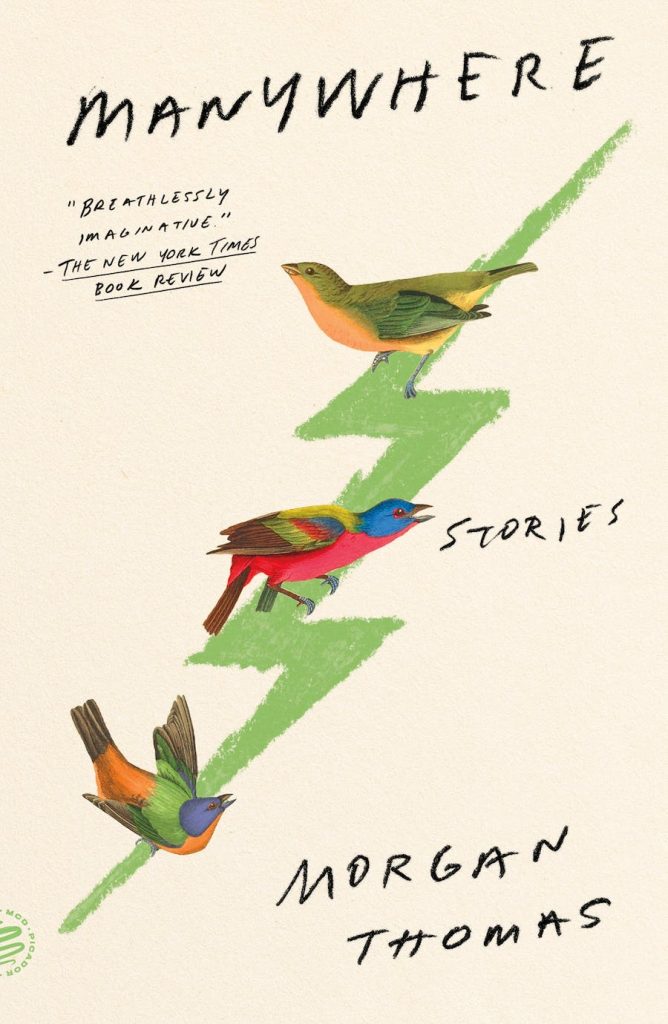
“…For many nights Frankojannou had permitted herself no sleep. She had willed her sore eyes open, while she kept vigil beside this little creature who had no idea what trouble she was giving, or what tortures she must undergo in her turn, if she survived. Nor she was capable of feeling the despair to which her grandmother only secretly gave expression: ‘O God, why should another one come into the world?’”
From The Murderess by Alexandros Papadiamantis, translated by Peter Levi
The Murderess, one of the best works of Alexander Papadiamantis, is a dark story of crimes and Holy judgment under the veil of the patriarchal society of a small Greek island. Hadoula Frankojannou, an old widow, lives in poverty, raising her children and grandchildren with many difficulties on the island of Skiathos. Throughout her life, she was always serving others; first as a daughter, later as a spouse, and then as a mother. Her personal experiences and stories made her realize the tragic fate and position of the woman, filling her with anger and bitterness. All these thoughts flood her mind while she rocks her newborn granddaughter in her crib, thinking that she should do something to spare the poor child from its “ill fate”. She will do much more than that.
Papadiamantis’ work manages to marry the true meaning of the ancient Greek tragedies with the modern social phenomena of inequality and patriarchy of his era – Hybris and Nemesis. Although written in 1903, the social novella (as described by the author) remains contemporary and travels its reader through time and space, at the darkest thoughts of the protagonist. It is not irrelevant that Papadiamantis will be called “the evil Saint” for this masterpiece. At the same time, its translation by Peter Levi captures the pure essence of the Greek Language, providing the reader with every single emotion of the original text.
You can find The Murderess at the Literatures and Languages Library. The catalog record is linked here.
This highlight was written by Elias Petrou, Librarian for Classical, Medieval, and Modern Greek Studies at the Literatures and Languages Library.







